The Senegal ProGREEN team conducted their field data collection from August 19 through 30 after several weeks of compiling information and data on ongoing or recently closed renewable energy projects and programs in Senegal and developing tools and planning analysis of field data.
The first phase of the field visits was to meet project managers of renewable energy programs and focused on learning more about constraining and enabling factors for the implementation of the renewable energy initiatives aimed at improving livelihoods of rural communities. During this phase, team members met with managers from ASER (Senegalese national agency of rural electrification), GIZ PED/Ice manufacture, E3C/solar pumping, ENDEV/ERSEN/FASEN (GIZ project), FONGIP (Priority Investment Guarantee Fund), PNB (national program of biogas), ANER (Senegalese agency of renewable energy), Thecogaz, and SOGAS (Dakar slaughterhouse).
Subsequently, ProGREEN team members visited communities in Thies, Louga, Saint Louis, Fatick, Kaolack, Kaffrine, Ziguinchor, Sédhiou and Kolda to meet stakeholders utilizing improved cook stoves, biodigesters, biofuels and otherwise involved with solar energy projects. The objective of these visits was to assess how access to energy had changed the lives of the users and what challenges they encountered with these local initiatives.
These visits showed that the access to renewable energy generates and sustains diverse activities, generating incomes, securing vulnerable groups, and improving the economic potential, health care services and food security of the users e.g.:
- Pogres lait project overseen by ENDA improves the dairy value chain in regions with high potential of milk production, though there were issues with efficiency.
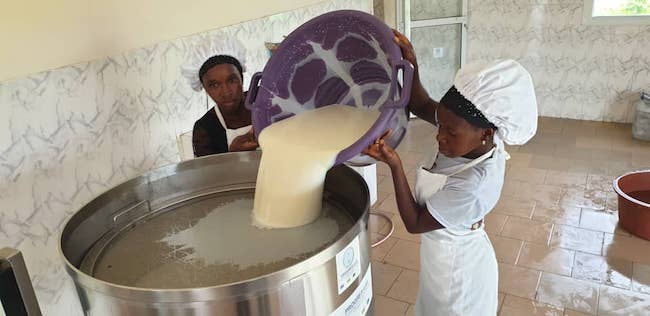
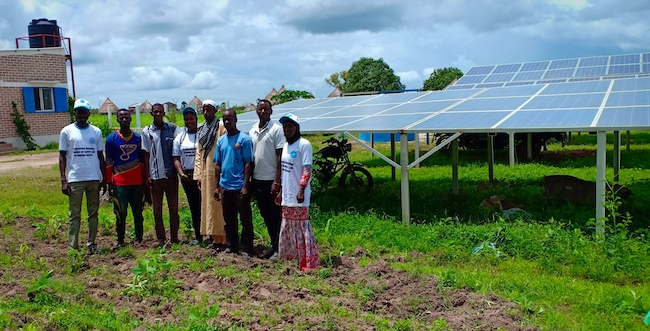
- PERACOD/GIZ project in Felane supports ladies’ association to develop income generating activities through a solar off-grid system that produces energy for pumping water for gardening, manufacturing ice, and recharging cell phones.
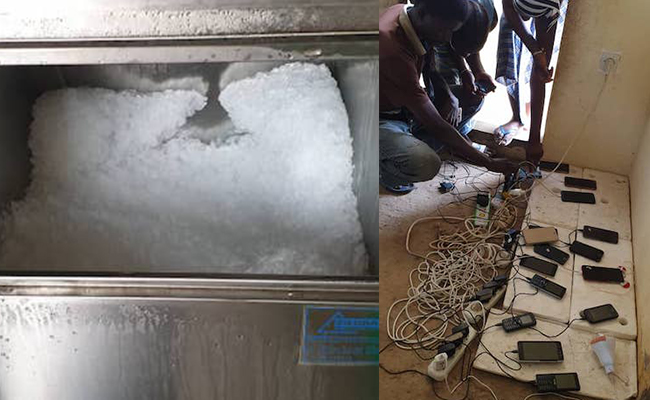
- The Health center of Mampalago, created in 1848 but only connected to a solar off-grid system since 2007 under the supervision of ANER, provides better health care services according to the nurses and midwives; in particular, the pharmacy can now safely store certain medicines to treat minor sicknesses and to emergencies.
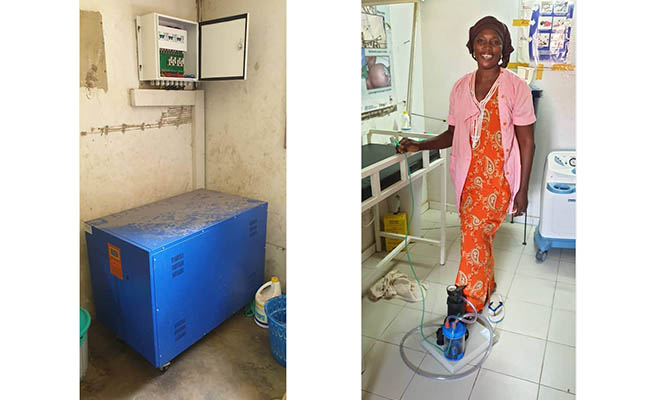
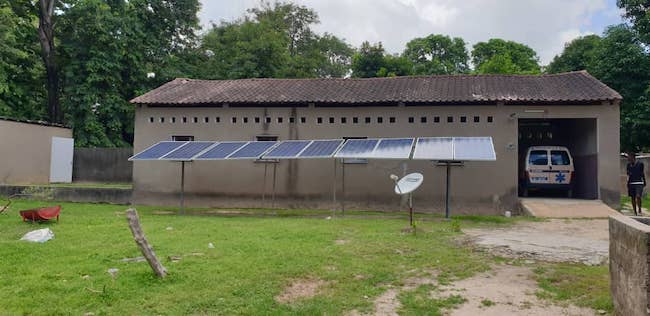
- Biofuel Jatropha, a project in the village of Ngouye, Kaffrine Region, illustrates the potential to run a mill using biofuels as alternative to fossil fuels and to considerably reduce the workload of girls and ladies, freeing them to invest their time in productive activities and education.
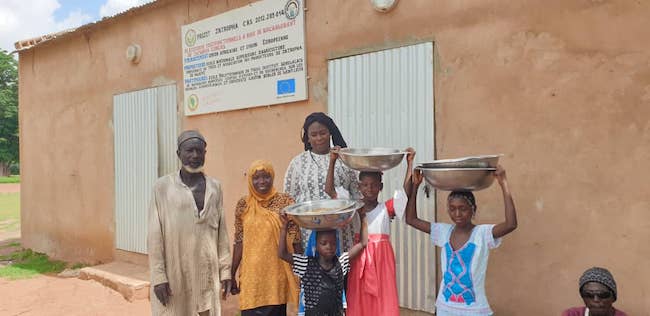
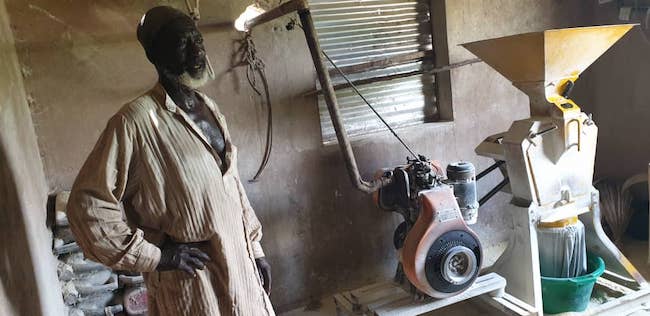
In general, the field data collection found that access to renewable energy considerably improves the livelihoods of local communities, however beneficiaries would appreciate an increase in the growth of off-grid systems, and would support building the capacities of youth in local communities for performing minor maintenance on the systems since it can take a lot of time to have qualified engineers based in Dakar come to the villages and their honorariums are often too expensive. Further, the beneficiaries support the development of more inclusive projects tailored to their needs in order to avoid misused installation.
Next steps: The Senegal ProGREEN data collection team is now synthetizing the report of the data collection and will then organize the country team meeting in order to share results with the other team members. Then, there will be a team retreat meeting for the write up of the report.


